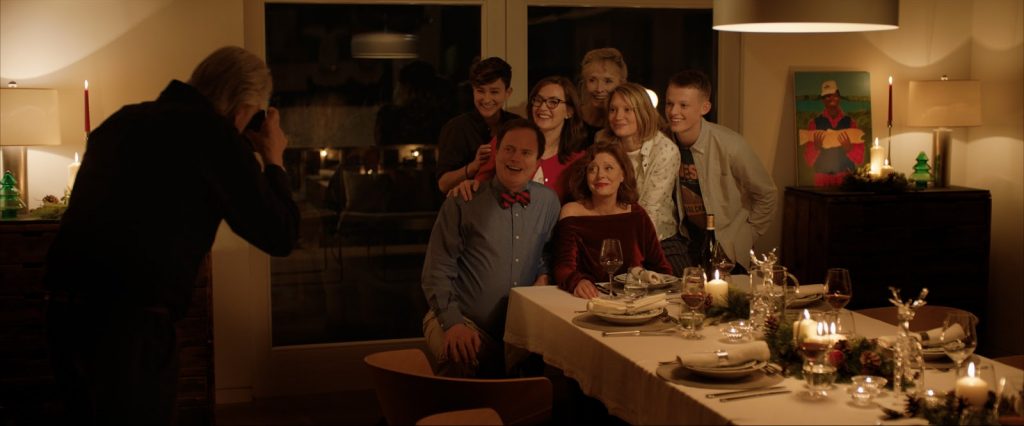Despite the controversy it provokes in many parts of the world today, euthanasia is not a novel concept. It did not suddenly emerge in modern times. Literally "good death," euthanasia has been practiced for nearly the entire history of humankind. Some have labeled it merciful, others have called it merciless.
On one side of the debate is the steadfast insistence on human freedom. On the other is the equally steadfast insistence on the freedom of God. In other words, if I may express it rather vernacularly, who is charge?
I pondered these questions anew when the other night my wife and I watched "Blackbird," a movie featuring Susan Sarandon as a woman who, overwhelmed with the prospect of a life with ALS, has decided to end her life.

The weekend before she has scheduled her passing, this woman invites her children and their children to the lovely oceanside home she shares with her husband of many years. Everyone spends the weekend together, laughing, crying, even celebrating Christmas. Quarrels and fights happen, too, but are smoothed out in the end. Throughout the movie, we are invited to observe the thoughts of a person who knows precisely when she will die.
Theology and philosophy aside, would I like to know precisely when I die? Would you? It's a complicated question. Countless writers have remarked on the virtue of suffering and its role in the human experience. Many others have responded that, while suffering is part of existence, why let it happen when we can prevent it? When do we decide when a life is over?
No one can. Nor should anyone want to. Though we humans are fully capable of starting and ending life, we in no way can define it. Nor will we ever be able to explain the meaning of its end. How can we grasp the end of something we did not make?
No comments:
Post a Comment